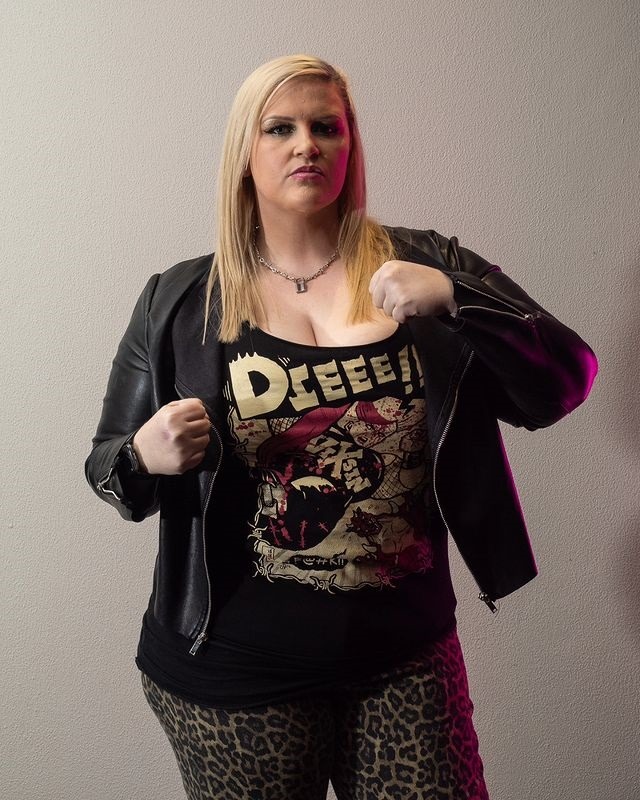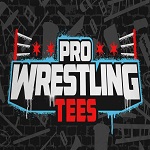5 Slangs You’ll Only Get in New Zealand vs. United States

5 Slangs You’ll Only Get in New Zealand vs. United States
When it comes to language, each country has its colourful array of expressions that reflect its unique culture and history. Each nation’s vernacular offers a window into its societal norms and values, with words and phrases that are often perplexing to outsiders.
Two prime examples are the slang used in New Zealand and the United States. While both countries speak English, their slang can sometimes seem like a language of their own, shaped by unique historical, social, and cultural influences. Check them out here:
Pokies vs. Slot Machines
What are known as slot machines in the United States are called pokies in New Zealand. This term is commonly used in casual conversation and often heard in gambling contexts. Whether in pubs or dedicated gaming lounges, ‘pokies’ are a central entertainment feature.
These gambling devices are uniformly called ‘slot machines’ in the United States. The term ‘pokies’ would likely only be clear if one converses with someone familiar with New Zealand slang. This variance is a small but telling demonstration of the unique linguistic differences that distinguish the two English-speaking cultures.
The familiarity with ‘pokies’ in New Zealand also underscores the informal way New Zealanders approach gambling, often seen as a communal activity rather than just a chance to win money. This contrasts with the sometimes more business-like atmosphere surrounding ‘slot machines’ in U.S. casinos, where the emphasis often lies more on individual play and the gaming experience.
Jandals vs. Flip Flops
In New Zealand, ‘jandals’ (a portmanteau of ‘Japanese sandals’) refers to what Americans know as ‘flip flops’. This footwear, typically worn in casual settings or during warmer seasons, is universally recognised by its design rather than its material. New Zealanders have embraced the term ‘jandals’ since the mid-20th century when these were first popularised.
In the United States, however, the term ‘flip flops’ clearly communicates the idea of a simple, thonged sandal, ideal for beach outings or a quick walk. The distinctly different terms for such a ubiquitous item highlight the quirky nature of localised language evolution.
While ‘jandals’ in New Zealand evoke a sense of local tradition and cultural identity, the term ‘flip flops’ in the U.S. carries no such connotations. It’s a practical term widely understood across different regions, emphasising functionality over any more profound cultural significance, which illustrates the practical approach to language in the U.S.
Bach vs. Cottage
Calling a small, often modest holiday home a ‘bach’ is uniquely New Zealand. The term, derived from ‘bachelor pad’, indicates a getaway where one can relax and unwind. These baches are typically found by the beach or rural areas and are integral to the Kiwi lifestyle of enjoying the great outdoors.
In the U.S., the closest equivalent would be a ‘cottage’ or sometimes a ‘cabin’, depending on the location and construction. These terms denote tiny holiday homes used similarly for retreats into nature. This variation in terminology reflects linguistic differences and cultural nuances in how leisure time is perceived and spent.
The concept of a ‘bach’ in New Zealand often involves a deeper connection to the environment, reflecting New Zealanders’ close ties to their natural surroundings. In contrast, American ‘cottages’ or ‘cabins’ are frequently associated with leisure and vacation culture, highlighting a more recreational aspect of such dwellings without the same cultural identity.
Dairy vs. Convenience Store
For New Zealanders, a ‘dairy’ is a corner store that sells everyday items like snacks, milk, and newspapers. This term has its roots in the early shops that primarily sold dairy products. Today, it’s a catch-all term for small, local shops providing essential goods.
Additionally, the term ‘dairy’ in New Zealand points to the type of goods sold and hints at the historical development of these shops, from primarily dairy providers to general retailers. This evolution mirrors consumer habits and urban development changes, offering a snapshot of societal shifts over the decades.
In contrast, Americans would refer to such an establishment as a ‘convenience store’ or, more colloquially, ‘corner store’. While both terms describe a similar type of business, the word choice can reveal much about one’s background and even prompt discussions about the simple differences between daily lives in different countries.
Sweet as vs. Awesome
Lastly, the phrase ‘sweet as’ is commonplace in New Zealand slang and expresses satisfaction or approval, similar to how Americans might use ‘awesome’. The phrase often ends abruptly after ‘as’, leaving out the simile that might be expected in full grammatical form.
Meanwhile, in the United States, ‘awesome’ is a versatile adjective deeply embedded in everyday American English. It expresses enthusiasm or approval across contexts, from casual conversations to more formal acknowledgments.
The use of ‘sweet as’ in New Zealand often carries a laid-back, positive attitude characteristic of local speech patterns, suggesting a broader cultural inclination towards brevity and understatement in communication. On the other hand, while enthusiastic, the American ‘awesome’ fits into a wide array of contexts, from casual to highly formal, indicating its versatility in American English.
Final Thoughts
These slang from New Zealand and the United States add flavour to the English language and highlight the cultural idiosyncrasies that make each place unique. Understanding these differences can open doors to richer, more connected experiences, whether travelling, reading, or engaging in conversation.





